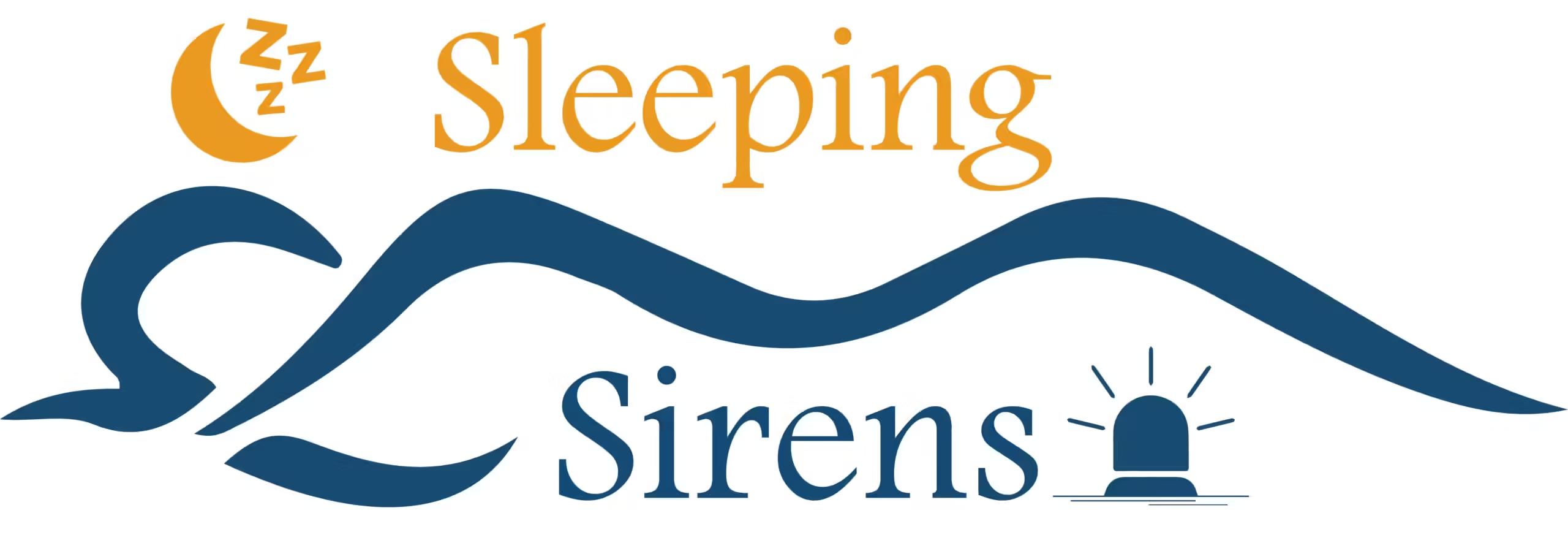Table of Contents
The Power of Daily Reading
In an age where digital distractions are omnipresent, the simple yet profound habit of daily reading stands as a beacon of intellectual and emotional enrichment. Whether it’s delving into the pages of a riveting novel, exploring the depths of a non-fiction masterpiece, or even flipping through articles and short stories, the act of reading offers numerous benefits that go beyond mere entertainment. This blog explores the transformative power of daily reading, highlighting how it enhances cognitive functions, expands knowledge, improves focus, reduces stress, and refines writing skills.

Enhanced Cognitive Function and Memory
Daily reading is akin to a workout for the brain. Engaging with diverse texts stimulates mental processes, improving cognitive function and memory retention. When we read, our brains are required to process complex narratives, remember intricate details, and follow elaborate plots. This mental engagement helps to strengthen neural connections, thereby enhancing memory. Regular readers often experience sharper thinking abilities and improved problem-solving skills, as their brains are consistently challenged and exercised.
Increased Knowledge and Vocabulary Expansion
Every book, article, or journal read is an opportunity to gain new knowledge. Reading exposes individuals to different perspectives, cultures, and ideas, broadening their understanding of the world. Additionally, encountering new words in context helps to expand vocabulary. A rich vocabulary enhances communication skills, enabling more precise and effective expression. As readers come across unfamiliar terms, they learn their meanings and how to use them appropriately, contributing to their linguistic prowess.
Improved Focus and Concentration
In a world filled with constant notifications and multi-tasking, maintaining focus can be a challenge. Reading requires dedicated attention and concentration, training the mind to stay engaged for extended periods. This practice can significantly improve one’s ability to concentrate in other areas of life as well. By setting aside time each day to read, individuals cultivate a habit of focused attention, which can spill over into their professional and personal lives, leading to greater productivity and efficiency.
Reduced Stress Levels and Relaxation
The act of immersing oneself in a good book can be a powerful stress reliever. Reading provides an escape from the pressures and anxieties of daily life, allowing the mind to relax. Studies have shown that just six minutes of reading can reduce stress levels by up to 68%. The rhythmic and immersive nature of reading slows down the heart rate and eases tension in the muscles. Whether it’s a thrilling adventure, a romantic tale, or a contemplative essay, reading has the power to transport readers to a tranquil state of mind.
Better Writing Skills Development
Reading and writing are intrinsically connected. Exposure to well-written content helps aspiring writers understand the nuances of language, style, and structure. By observing the techniques used by accomplished authors, readers can learn how to craft compelling narratives, develop characters, and construct engaging dialogues. Regular reading enriches one’s writing skills by providing a plethora of examples to emulate and learn from, ultimately leading to more polished and articulate written communication.
Transformative Benefits of Consistent Reading
In conclusion, the habit of daily reading holds the potential to transform lives. From boosting cognitive functions and expanding knowledge to improving focus and reducing stress, the benefits are manifold. Furthermore, regular reading enhances writing skills, making individuals more effective communicators. In a fast-paced world, carving out time for reading can be a gateway to a more enriched, informed, and balanced life. Embracing the power of daily reading is a step towards personal growth and intellectual fulfillment.
For more blogs like this please visit: sleeping sirens
FAQs
1. How does daily reading enhance cognitive function and memory? Daily reading stimulates mental processes by requiring the brain to process complex narratives and remember details, thereby strengthening neural connections and enhancing memory retention.
2. What types of reading materials are most beneficial for increasing knowledge and vocabulary? Any diverse and challenging reading material, including novels, non-fiction books, academic journals, and well-written articles, can help increase knowledge and expand vocabulary by exposing readers to new words and ideas in context.
3. How can daily reading improve focus and concentration? Reading demands dedicated attention and concentration. By making reading a daily habit, individuals train their minds to stay engaged for extended periods, which can improve overall focus and productivity in other areas of life.
4. Can reading really help reduce stress levels? Yes, studies have shown that reading can significantly reduce stress levels by providing an escape from daily pressures and allowing the mind to relax. Just a few minutes of reading can help lower heart rate and ease muscle tension.
5. In what ways does reading contribute to better writing skills? Exposure to well-written content helps readers understand language nuances, style, and structure. By observing and learning from accomplished authors, readers can improve their narrative techniques, character development, and dialogue construction, leading to enhanced writing skills.
6. What are the overall benefits of making daily reading a habit? Consistent daily reading offers numerous benefits, including improved cognitive functions, expanded knowledge and vocabulary, better focus and concentration, reduced stress, and enhanced writing skills. These benefits contribute to personal growth and intellectual fulfillment.
7. How much time should I dedicate to reading each day to experience these benefits? While even a few minutes of reading daily can be beneficial, setting aside at least 20-30 minutes each day can help maximize the cognitive, emotional, and creative benefits of reading.
8. Are there specific genres or types of books that are more beneficial than others? The benefits of reading can be derived from a variety of genres and types of books. It’s important to choose reading material that challenges and engages you, whether it’s fiction, non-fiction, poetry, or essays, to experience the full range of benefits.
4o

